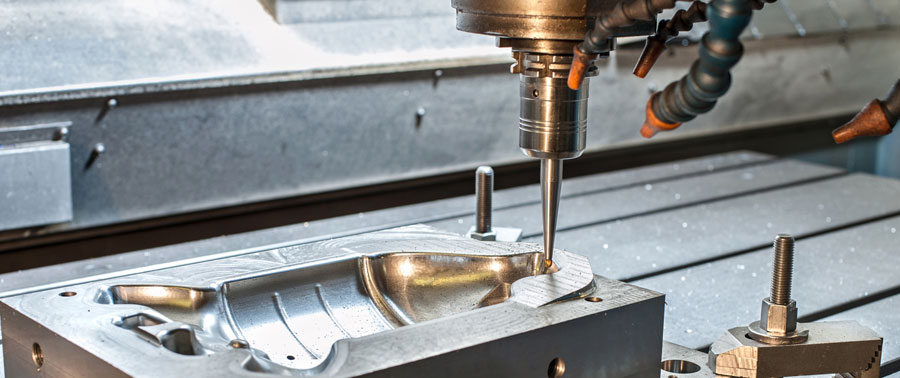There have been significant advancements in the field of medical CNC machining that have revolutionized the healthcare industry. CNC machining, which stands for Computer Numerical Control machining, refers to a manufacturing process that utilizes computerized controls to operate and manipulate machine tools. By incorporating advanced technology and software, medical CNC machining has greatly enhanced precision and efficiency in healthcare, leading to improved patient outcomes and cost savings.
One of the primary benefits of medical CNC machining is its ability to produce highly precise and complex medical components. Medical devices, such as prosthetics, implants, and surgical instruments, require a high level of precision to ensure proper functionality and compatibility with the human body. Traditional machining methods often fall short in meeting these requirements, whereas CNC machining excels in producing intricate and accurate parts with tight tolerances. The use of computer-controlled machines eliminates the potential human error and allows for consistent and repeatable production. This precision is crucial in ensuring the success of medical procedures and reducing the risk of complications.
Medical CNC machining has significantly improved the efficiency of producing medical components. Traditional machining methods often involve labor-intensive processes that are time-consuming and prone to errors. CNC machining, on the other hand, automates these processes, reducing the need for manual labor and speeding up production times. Additionally, the use of advanced software and computer-aided design (CAD) allows for faster prototyping and customization of medical devices, enabling healthcare professionals to create tailored solutions for individual patients. The increased efficiency in production not only saves time but also reduces costs, making healthcare more accessible and affordable for patients.
Another notable advancement in medical CNC machining is the utilization of biocompatible materials. Medical devices and implants are often required to be made from materials that are compatible with the human body to minimize the risk of rejection or adverse reactions. CNC machining has made it possible to work with a wide range of biocompatible materials, such as titanium, stainless steel, and medical-grade plastics, ensuring the safety and efficacy of medical devices. Moreover, the precise nature of CNC machining allows for the production of complex geometries and intricate surface finishes, further enhancing the functionality and performance of medical components.

The integration of CNC machining with advanced imaging technologies has revolutionized surgical procedures. Medical imaging techniques, such as computed tomography (CT) and magnetic resonance imaging (MRI), provide detailed visualizations of the patient’s anatomy, enabling surgeons to plan and execute complex procedures with greater accuracy. By combining these imaging data with CNC machining, surgeons can create patient-specific guides and templates that assist in navigating the surgical site, reducing the risk of errors and improving surgical outcomes. This integration of medical CNC machining with imaging technologies has paved the way for minimally invasive surgeries and personalized medicine.
Advancements in medical CNC machining have had a profound impact on the healthcare industry. The precision and efficiency offered by CNC machining have improved the quality of medical devices and reduced the risk of complications. The ability to work with biocompatible materials and integrate imaging technologies has further enhanced the safety and effectiveness of medical procedures. As technology continues to advance, medical CNC machining is likely to play an even more significant role in shaping the future of healthcare, ultimately benefiting patients and healthcare providers alike.

 0086-750-5616188
0086-750-5616188 +86 13392089688
+86 13392089688 sales@zhongmei-tech.com
sales@zhongmei-tech.com













